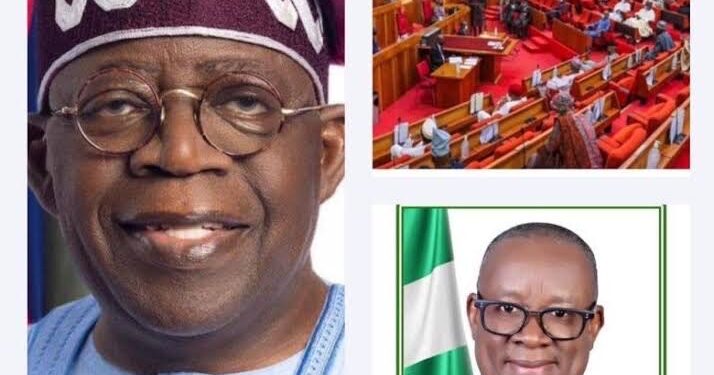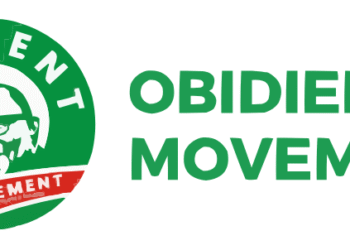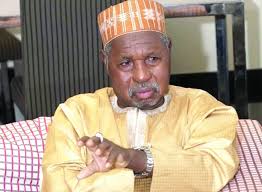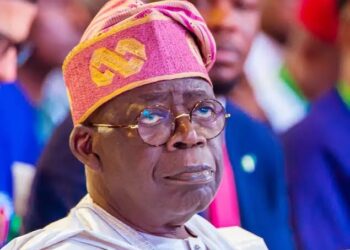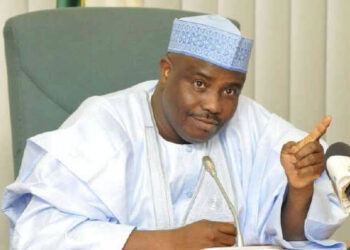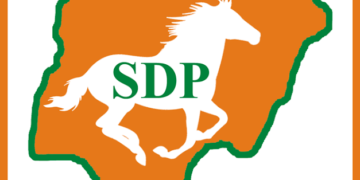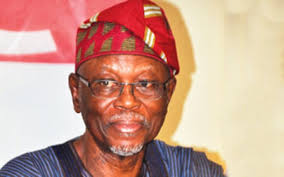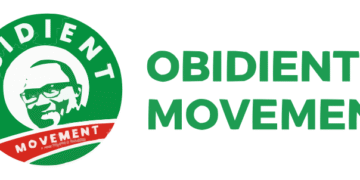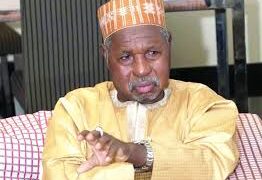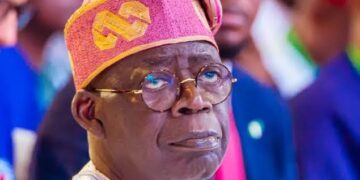The Minister of Sports Development, John Owan Enoh, has praised the National Assembly for the prompt enactment of the National Anti-Doping Bill.
In a statement released on Sunday, the minister also recognized and lauded President Bola Tinubu’s foresight in submitting the bill for consideration by the National Assembly.
“The submission of the Anti-Doping Bill 2024 to the National Assembly and its swift enactment stands as a significant milestone of this administration.
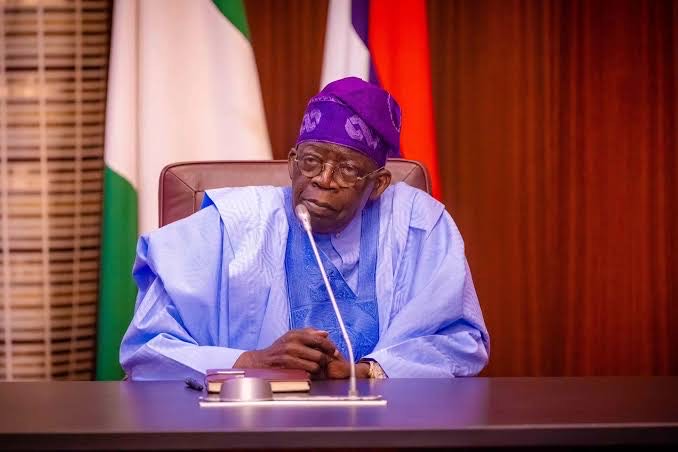
“It showcases the resolute and daring leadership of the president, a decisive and fitting response to the persistent doping issues that have defined Nigeria’s interactions with the World Anti-Doping Agency (WADA),” he stated.
The minister highlighted that WADA had issued threats to ban Nigeria from international competitions due to Nigeria’s failure to adopt the national anti-doping legislation, among other compliance-related matters.
“This administration was met with WADA issuing a warning to ban Nigeria from international competitions, leading to the escalation where the agency took Nigeria to the Court of Arbitration for Sports (CAS). Alongside other non-compliance matters, the primary challenge was Nigeria’s inability to enact the National Anti-Doping Law and establish a National Anti-Doping Organization (NADO) as required, having signed the international convention in 1999.
“For decades, the nation has struggled to meet the standards set by the World Anti-Doping Organisation, despite being a founding signatory for 25 years,”Mr. Enoh remarked.
He expressed confidence that with the passing of the bill, Nigeria will no longer face uncertainties regarding its participation in global sporting events and its suitability to host sports competitions, among other longstanding issues.
This development occurs ahead of the country’s involvement in the Paris Olympic Games. The bill, in addition to other provisions, aims to set up the National Anti-Doping Centre to combat doping in sports in adherence to the World Anti-Doping Code.
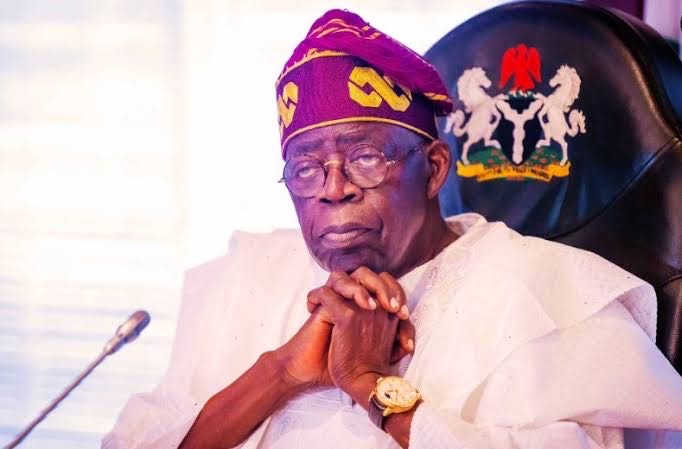
The Code serves as a fundamental document that establishes the structure for anti-doping policies, rules, and regulations within sports organizations and governmental bodies. It is intended to standardize anti-doping policies and ensure uniform standards are applied to all athletes.
The executive bill, which now mandates Nigeria to ratify the treaty to address the detrimental issue of doping among athletes, passed the second reading in May and has advanced to the third reading.
Mr. Tinubu urged the Senate to review and approve the bill. He contended that it would prevent athletes from using performance-enhancing substances.
Mr. Tinubu’s request was communicated in a letter read on the floor of the upper legislative chamber by Deputy Senate President Jibrin Barau. The president emphasized that the bill would establish a legal framework for the establishment of the National Anti-Doping Organization.
He further underscored that establishing the agency was crucial for Nigeria to adhere to the standards outlined in the World Anti-Doping Code.


